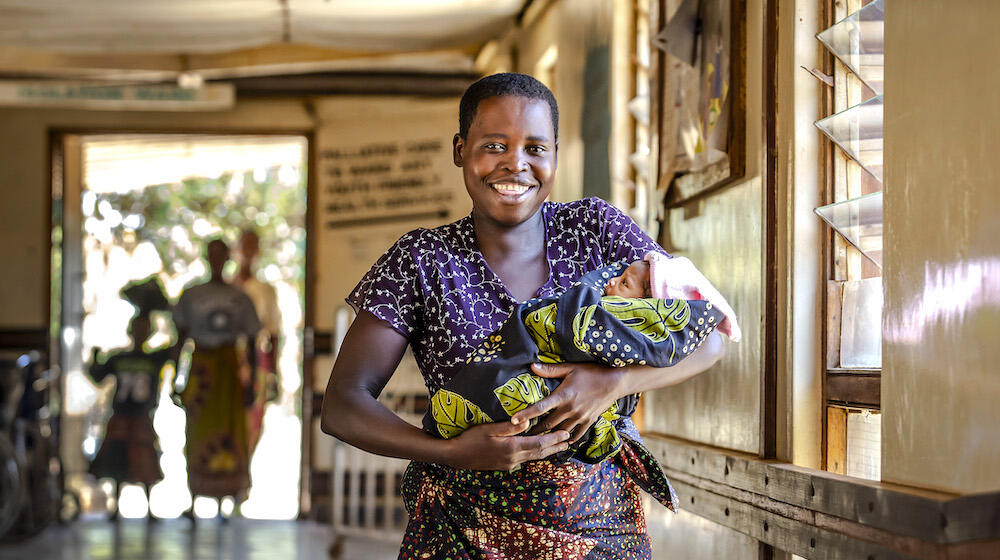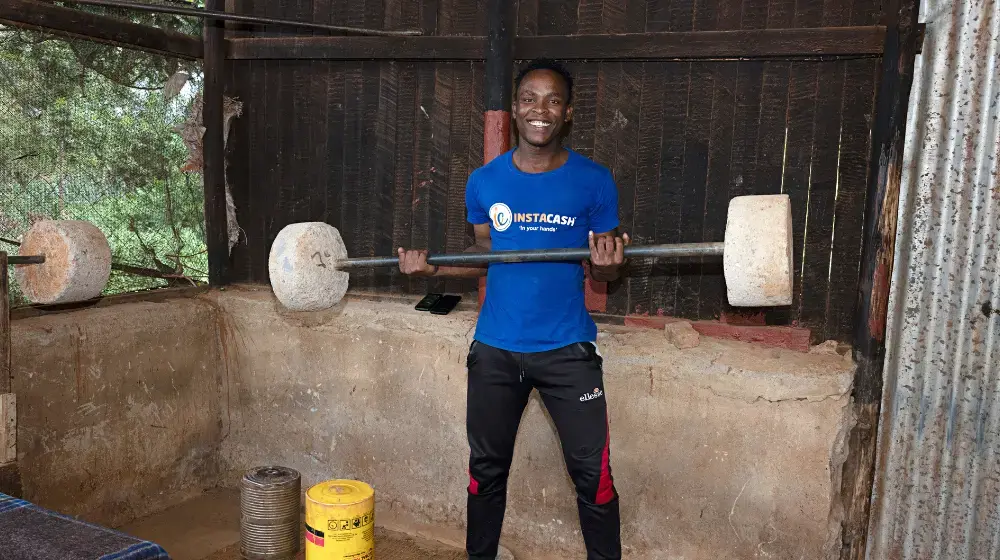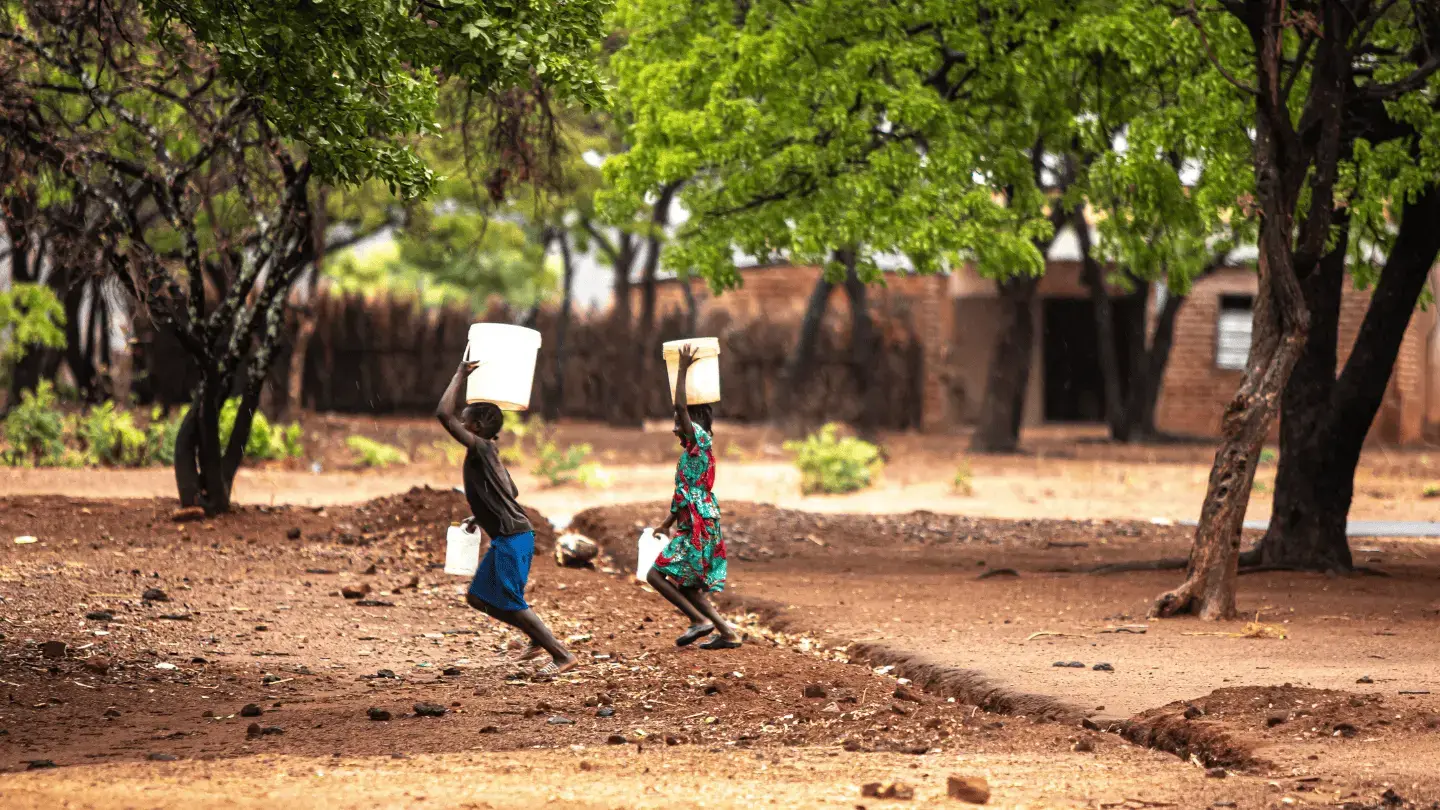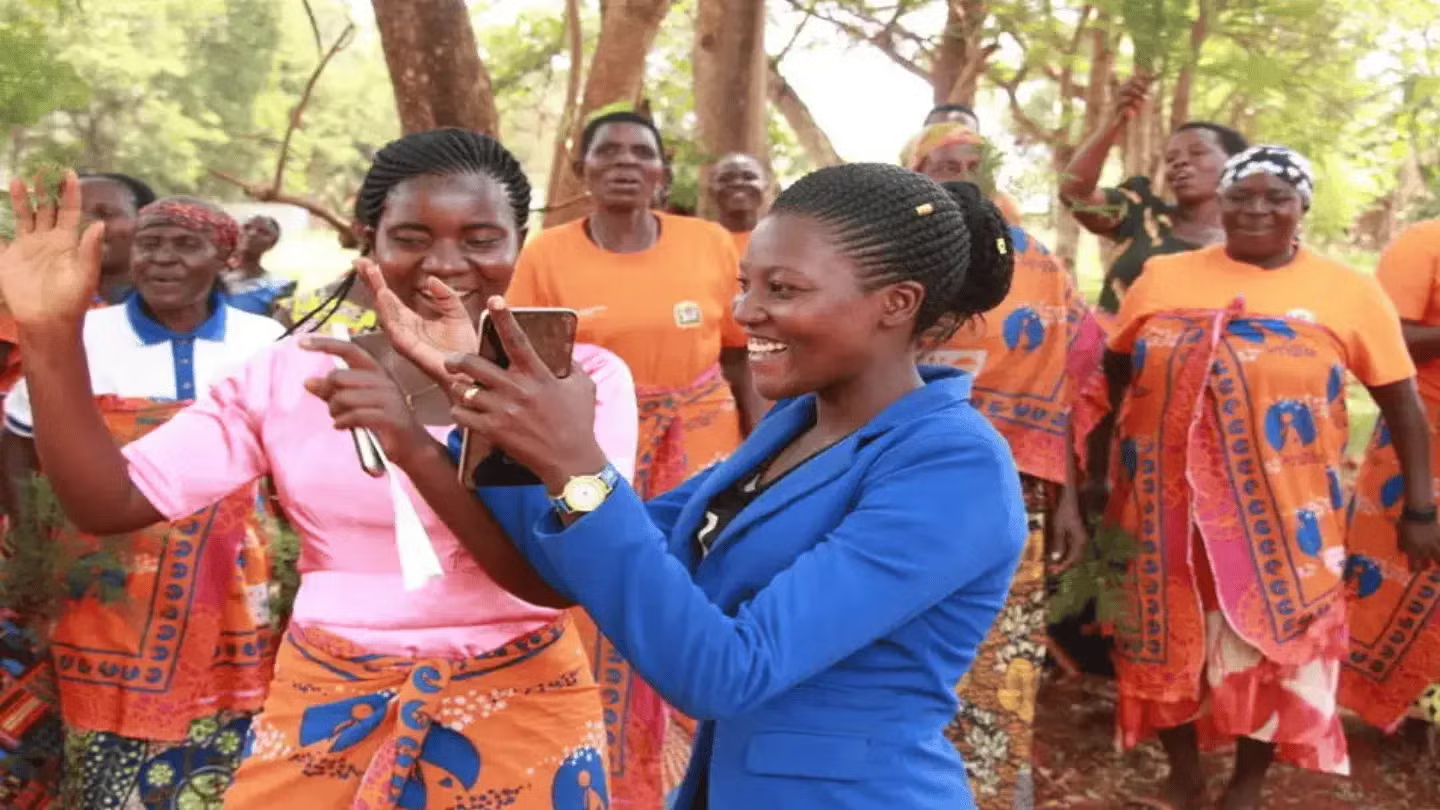JOHANNESBURG, South Africa – Imagine being a young person with HIV in a rural area, with poor roads, limited access to transport, and an urgent need to access adolescent and youth-friendly health services. “Young people in Malawi face the challenge of travelling long distances to reach the facilities where sexual and reproductive health and rights (SRHR) services and HIV counselling are provided,” said Deborah Chuma, a youth leader from Malawi, about the challenges her peers face.
Young people in East and Southern Africa account for 32 per cent of the total population, and their voices are a radical and powerful vehicle for change. With this energy, 100 youth leaders from across fourteen countries in the region gathered at the UNITED! Leadership Summit in Johannesburg, South Africa in April. The summit offered a safe space for them to showcase progress by the HIV and sexual and reproductive health and rights movement, and to uplift the voices of young people who are engaged in the call to action to end HIV and advocate for SRHR.

Bold response to end HIV and promote SRH
The summit called for bold and coordinated action to scale up prevention measures for young people, reduce new infections among key population communities, expand access to antiretroviral therapy for people living with HIV, network strengthening, youth leadership and capacity building. This is in response to the overarching crisis that the HIV and SRHR of adolescents and young people are not being met.
“It's up to my generation to ensure that the issues we are facing right now do not affect the next generation,” said Mateus Kambuze of the United Youth Charity Association in Namibia. “The issues we’ve been tackling are not just issues that come and leave in one day. These are issues that various generations have faced. And if you see that it keeps on going, then you must realise that a system is being used that is not working."
The young leaders from across the region reflected on the challenges and barriers that impede their advocacy and meaningful engagement in country-led discussions. Some of these challenges included access to quality services across the HIV and SRH cascade, youth leadership, stigma, discrimination and violence, economic empowerment or livelihoods, gender-based violence, laws and policies and access to social protection schemes and services.
Leaders at the summit were taken through movement building and levelling up advocacy.
“We can ensure youth have access to accurate sexual and reproductive health services by prioritizing their needs and adding young people to decision-making tables in the SRH space,” said Trevor Emojel from Uganda. “Only through this can we have a programme for the young people by the young people with the young people.”
Building skills to accelerate action
A highlight from the summit included discussions around spaces and platforms where young leaders can use their skills, talents and platforms to foster change in their communities. Youth leaders are already accessing digital media innovatively, using ’new’ methods of communication like TikTok and Instagram Reels to stimulate conversations around HIV and SRH issues and on sensitive topics - like diversity and inclusion, period poverty, sex, protection and consent - as a way to foster openness and breaking the stigma. At the summit, some participants used their platforms as influencers to lobby, protest and draft joint position papers and campaigns that are community and politically driven.
One thing I've been able to do as a young woman living with HIV is to create a platform for young people to be able to advocate for themselves, a safe space where they can come and talk about their issues.
Joyce Ouma, Advocacy and Campaigns Officer at Y+ Global said: “One thing that we've been able to do as a network, and also I've been able to do at a personal level as a young woman living with HIV from sub-Saharan Africa, is to create a platform for young people to be able to advocate for themselves, a safe space where they can come and talk about their issues.”
Teboho Mohloai, an Executive Committee member of AfriYAN, emphasized the importance of collaboration. “The summit was a great opportunity to ensure stronger youth engagement at local, regional and global levels and promote meaningful youth-led accountability,” he said.
The UNITED! Leadership Summit is a joint movement, one united voice, one campaign across 14 countries that pushes for the strengthened engagement of young people in advocacy. Participants developed clear objectives for expanding the movement and mobilizing other youth networks to join the cause.
Channel Africa Radio:
Young leaders gather in Johannesburg for an HIV and Sexual and Reproductive Health Rights summit
Reflections on HIV, Sexual and Reproductive Health by youth from Eastern and Southern Africa region





